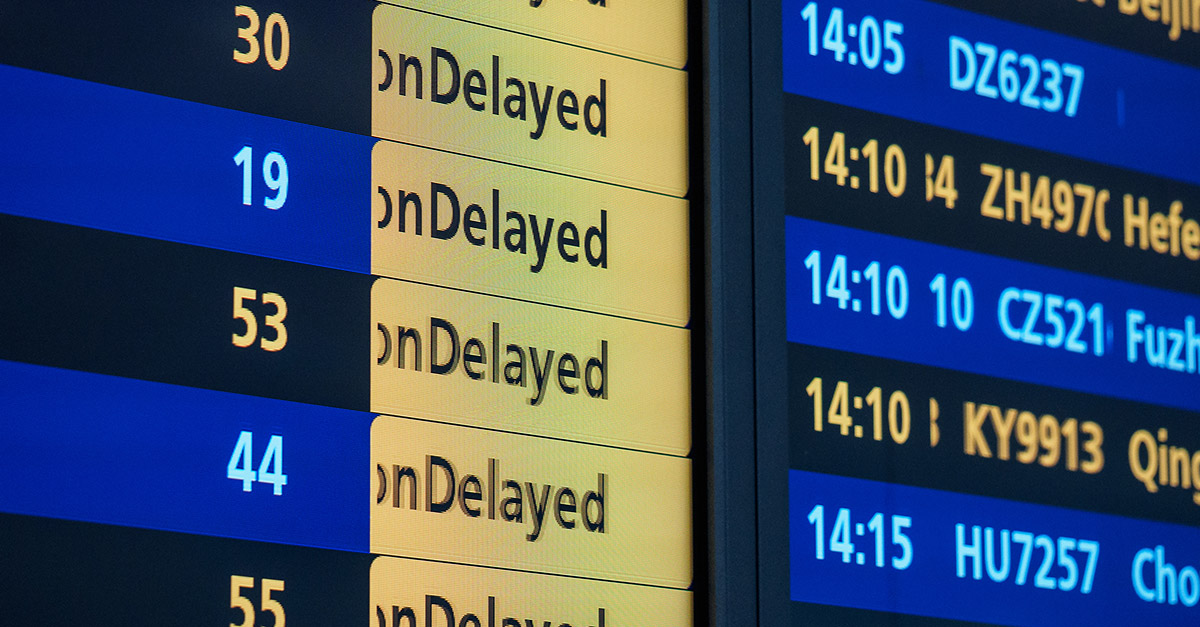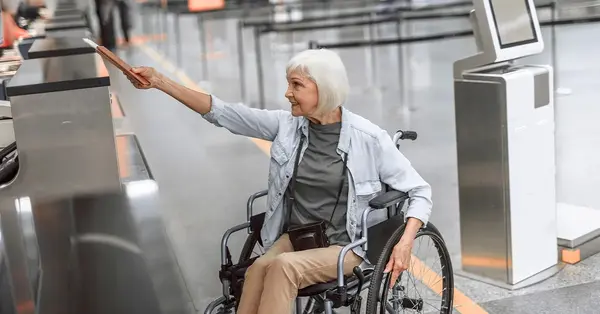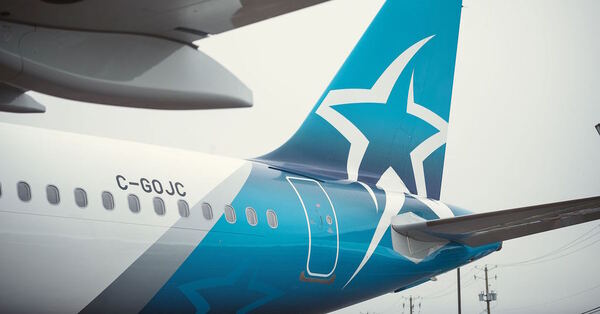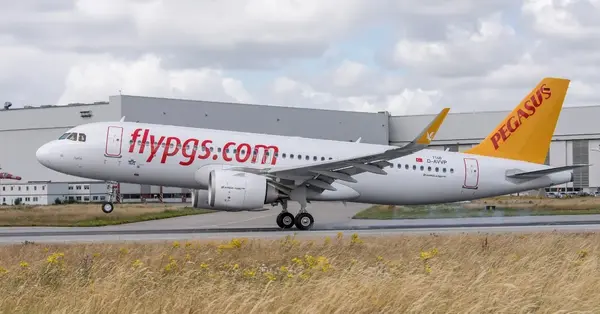You are viewing 1 of your 2 free articles
Cost-cutting blamed for rising air traffic control delays in Europe
Air traffic control delays in Europe can’t be resolved without a “transformation” of the air traffic management system.
That is according to European air traffic management body Eurocontrol in a report published last week on air capacity, the costs of air traffic control and flight delays over the past 20 years.
The Eurocontrol Performance Review Report confirms air traffic management delays “surged” last year and notes that although 57% were attributed to bad weather, a shortage of controllers was “generally a factor”.
More: Updated: Air traffic control restrictions compound IT outage flight disruption
Bad weather and air traffic control restrictions ‘disrupts flights for 10,000 passengers’
It suggests current air traffic capacity plans “do not meet the target level of performance for 2024 and continue to fall short over the next five years” and warns of continuing disruption, arguing: “Insufficient capacity plans and the reduced or postponed level of [air traffic controller] recruitment are likely to have a significant impact . . . in terms of delays”.
The report concludes “it’s crucial to find a balance between cost efficiency and quality of service” and argues an improvement “will require transformational rather than evolutional change”.
Eurocontrol notes pressure for cost savings in air traffic management is “still high”, resulting in a “challenge to ensure adequate numbers” of qualified air traffic controllers and it urges a rethink of the way the system is operated amid “considerable fragmentation”.
However, it acknowledges “the commitment” of governments to develop a ‘single European sky’ is “still lacking”.
The report recounts how a “strong focus” on cost management kept air traffic management (ATM) costs “almost flat” from 2012 to 2019 amid strong traffic growth. However, air traffic delays rose gradually in the period and “soared” in 2018-19 due to the underlying capacity challenges.
When traffic resumed post-pandemic, Eurocontrol notes it quickly became clear “many of the capacity problems had not been resolved” and “the ATM network was not ready to support the demand levels”.
It notes punctuality last summer was “slightly better” than in summer 2022 but “further degraded” overall to the worst in 20 years, with less than 71% of flights arriving within 15 minutes of their scheduled time.
The report suggests air traffic control “was not the main cause for the delays” but “contributed to the poor overall performance” and warns: “European ATM will continue to be challenged to match capacity with demand.”
War in Ukraine
Russia’s invasion of Ukraine in February 2022 and the ensuing war added to the capacity constraints in Europe’s airspace.
The Eurocontrol report notes the closure of Ukrainian airspace was “amplified by reciprocal airspace bans” on Russia and resulted in “a cut of many important east-west airways between Europe and Asia”, with flights forced to divert.
The war has also had “a direct operational and economic impact on adjacent states” and led to an “increase in military operations and training requirements” in Europe’s airspace.
However, the report argues: “A considerable number of member states are using the most restrictive approach to airspace management.
“This conflicts with the flexible use of airspace . . . according to which airspace reservation for [military use] shall be of a temporary nature, applied only during limited periods and released as soon as the activity ceases.”
It suggests: “On weekends, when the military generally does not have training requirements, the whole airspace above Europe could be made available for civil use, leading to a reduction in flight times, fuel and CO2 emissions.”


















